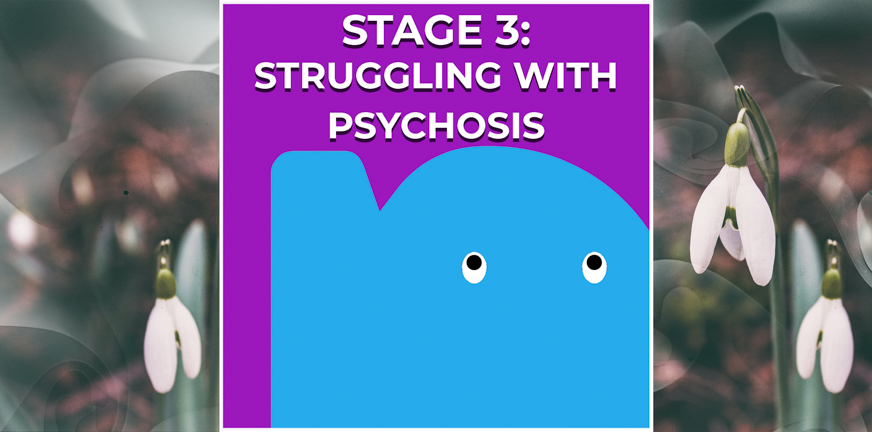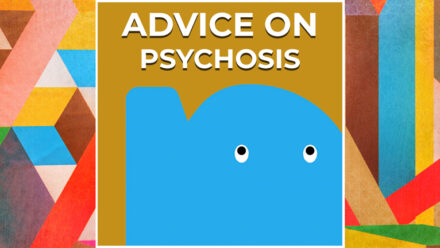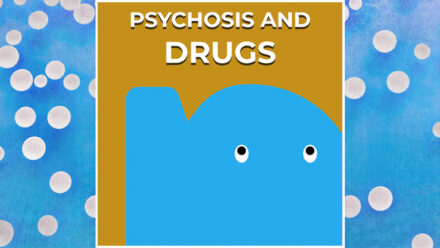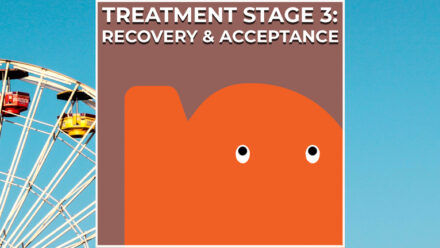
When your psychotic episode is over, you are confronted with the consequences. Your psychotic experiences fade away, but the world around you kept turning while you were stuck in your own inner world.
You begin to realise that you are mentally vulnerable. You have to get used to the idea that this will impact your life. This is tough. You could feel embarrassed, or maybe guilty. You could also be frightened. And you have the feeling that things will never be the same again. You realise more and more clearly what has happened and that this has something to do with your mind. That leads to the question: “Who was I? And who am I now?”
Negative expectations from society
To get over this confusion, you have to learn to deal with everyday life. This can be difficult, partly because of existing negative ideas about psychosis and the associated negative expectations from society. Mystifying diagnostic “schizo” language often helps to make things worse. Even well-meaning friends and relatives can say exactly the wrong things. In the workplace or school, people might react oddly or avoid you. You could develop feelings of loneliness and depression. Getting your life back at this point is often very hard. Therefore conflict and denial are part of this stage. Your confusion can last for a short or long time. Unconditional support from the people around you is important.
From vulnerable to strong
During this stage, it is also important to start figuring out what has happened to you. Because dealing with psychosis is about your vulnerability as well as your resilience. Both should get a place in your life history and your personal story. It is important to learn how you are vulnerable and realise that your resilience gives you strength. Your vulnerability may have to with personal predisposition and things that have happened to you in the past. Looking at everything from a different perspective, can help you make peace with your vulnerability and learn to deal with it.
Learning to deal with your experiences
Attending a recovery college (where people literally learn how to deal with psychosis and finding your way back to society and a meaningful life) or psychotherapy can play an important part in learning to deal with your experiences. For instance, how do you deal with hearing voices, feeling down, having trouble focusing or being suspicious? Or being stigmatised or not taken seriously by mental health services when you want to experiment with your treatment? Other people can help, particularly those with lived experience of psychosis: you don´t have to do it alone. Sharing your story with others can be very supportive. Accepting you are vulnerable to psychosis is a learning process of trial and error. More about this in stage 4: Living with psychosis vulnerability.
Example
After a period of smoking lots of cannabis, Peter had a psychotic episode. Everybody was shocked and he himself had never imagined that this could happen. He had only read somewhere once that smoking cannabis could lead to psychosis, and now he suddenly is forced to stay in a mental institution and take medication.
Lying in bed in the secure ward, his mind is racing. He suddenly remembers he has caused a lot of trouble. All kinds of questions are going through his head. “Where do I go from here? And what am I going to tell my new employer? I really must apologise to my neighbours and friends… And does this mean I can never smoke weed again? How do I get out of this institution? How big are the chances of this happening again?” All his former certainties have suddenly disappeared.




